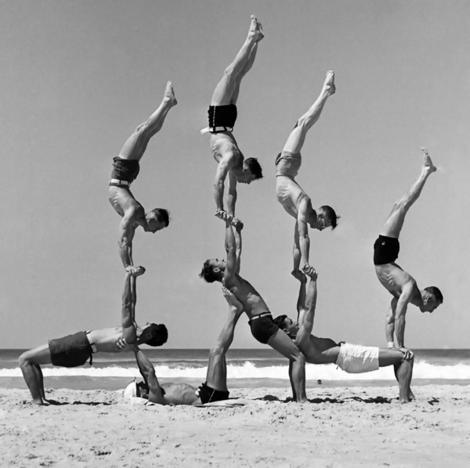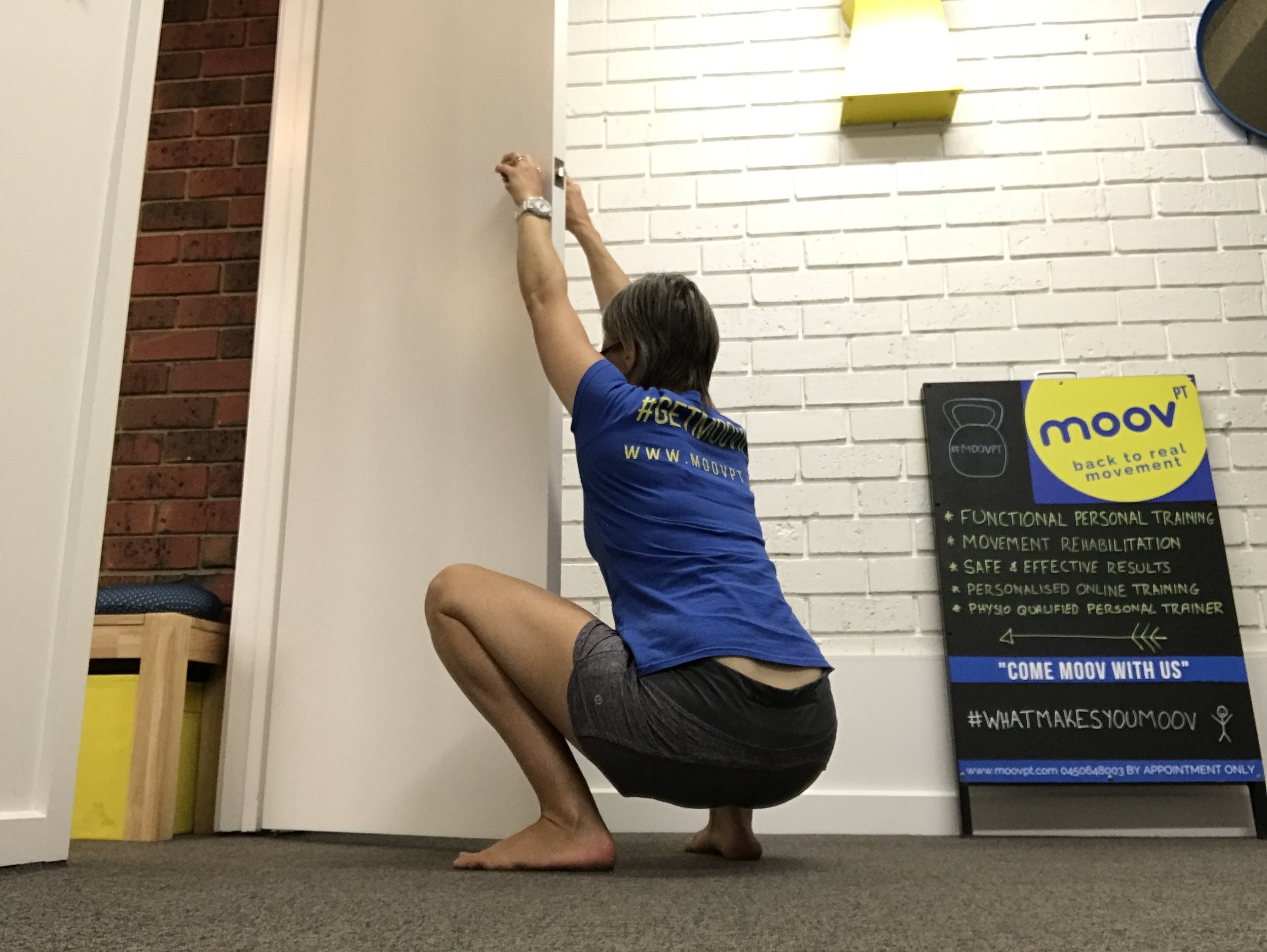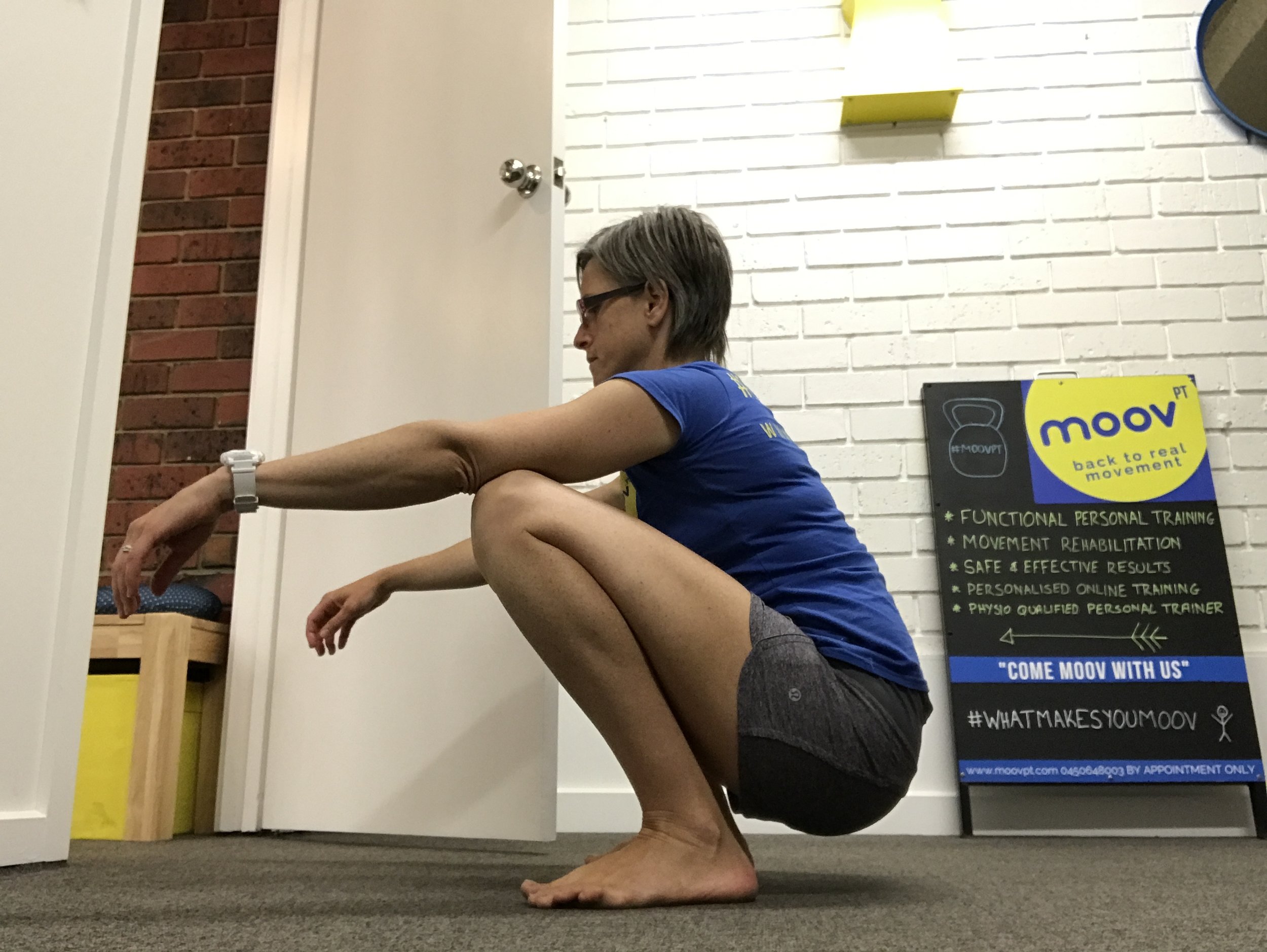American Turner Gymnasium 1860
An online lecture I saw recently given by Dr Ed Thomas, an expert in the foundation of Physical Education, drove me to analyse what fitness is today in comparison to what it was historically. Historically, there are three fundamentals of movement and fitness, these are Progression, Variety & Precision.
Now from what I can tell and have observed over the years is that the majority of fitness enthusiasts seem to do well to take care of the Variety aspect of fitness, it's not hard to keep workouts varied. Progression seems to be mostly adhered to, it's quite simple, you learn a movement to a satisfactory level until it becomes quite comfortable and then you progress that movement, either by adding weight, increasing reps or challenging the movement to a higher level of difficulty (i.e. advancing from a squat to a single leg squat progression). Now, I have to take a pause here, although progression seems to be quite evident in most fitness programmes, there is a little issue that is quite niggling…this would be the over-eagerness to progress. This is a huge issue that is present within our field, you may have someone who is recently able to squat their own bodyweight comfortably but then wants to throw 40kgs onto their back and continue to squat, or a personal trainer who wants to make a client sweat more by handing them heavier weights resulting in a less precise movement pattern. You can't expect the body to move as efficiently with extra load in a movement pattern that is newly learned with only bodyweight or that is challenging enough with the current weight used. This brings me to the third and final (and I personally believe the most important) fundamental...Precision.
We need to find a way back to basics and get the population moving well and precisely again, we are so far away from our own mind-body connection that most people just go through the motions of exercise without ever making a conscious connection to how they are moving, why they are moving or how they are breathing. There was no sloppiness in movement back in the 1800's & most of the 1900's, precision was the key focus and the fitness just followed.
In Gray Cook's book, "Movement", he talks about the origins of Martial Arts and sums up what fitness should and used to be. Somehow recent generations have managed to distort this approach and turn it on it's back. Current jobs and lifestyles have a huge role to play and make it hard for the body to hold onto fundamental physical fitness, but not impossible by far! "Purposeful movement perfection was the focus, and physical conditioning happened as a natural side effect".
Modern day gyms are stacked full of equipment promoting dysfunctional movement. The use of fixed machines encourage your body not to utilise it's core stabilising musculature and instead, rely on your large, global muscles for movement. In our daily lives we need to be able to squat, lunge, push, pull, reach, run, bend and rotate, all done whilst fighting gravity (not sitting locked into a machine). This is when our bodies are moving as intended. These are the movements we need to perfect and do with precision in order to be healthy, fit individuals avoiding injury.
Look at gyms from ancient times and see if you can spot a hamstring curl, a pec deck or a leg extension machine anywhere? They only use anti-gravity equipment in the form of ropes, rings, parallel bars, ladders etc and hand weights in the shape of dumbbells, kettle bells, medicine balls and clubs.
Train functional movement patterns and make sure you do it with Precision, Variety & Progression in order to achieve true fitness. Don't rush into a new movement before you have perfected its predecessor and don't load up a movement pattern before being comfortable and strong enough in doing it body weighted first.













